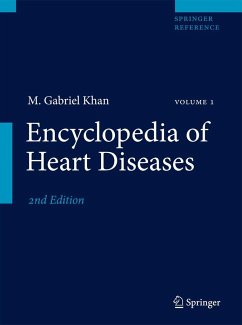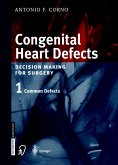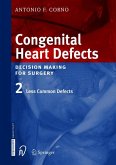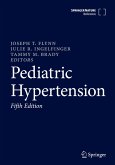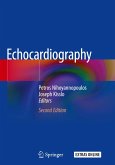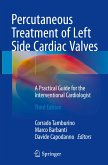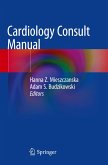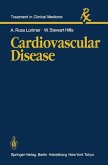The fully revised second edition of the Encyclopedia of Heart Diseases is an ideal resource for practicing clinicians and researchers. Available in print, online, and with dual access, it is a clear and comprehensive aggregation of the most crucial information and essential data on cardiovascular diseases and therapeutics.
Comprised of over 95 entries with regular online updates, the Encyclopedia of Heart Diseases is fully referenced, and major points of interests are hyperlinked to complementary sections. Each entry is logically and superbly written, providing accurate core knowledge of pathogenesis, pathophysiology, clinical features, diagnostic techniques, and management strategies. Specific detail is paid to technological advances in imaging and diagnostics. Therapy focused entries give powerful insights into not only prescribing drug regimens, but also into the controversies surrounding their use.
This major reference work is invaluable for all those involved in the care of cardiovascular patients. From the front-line practitioner to the basic science researcher to the student in training, the Encyclopedia of Heart Diseases offers an astute authoritative guide to navigating an immense body of fascinating information. From the trainee to the internist and cardiologist, all will find it useful. It is an essential resource for medical libraries and academic institutions worldwide.
From the Foreword:
So, what would we want from an encyclopedia on heart disease? Ideally, a book would be comprehensive, yet concise, and be practically oriented, and explain pathophysiology and treatment. In addition, it should be accessible online so that it can be accessed at the bedside or anywhere.
Dr. Khan has written exactly such a book. Encyclopedia of Heart Diseases is comprehensive, yet concise, and very practically oriented. Importantly, it takes a step-by-step approach, walking the reader through a thorough pathophysiology of conditions, their evaluation and treatment. For therapies, he provides the mechanism of the drug, its doses, side effects and clinical efficacy.
...A terrific online resource with all the information you need!
- Christopher P. Cannon, MD, TIMI Study Group, Brigham and Women's Hospital, Harvard Medical School, Boston, MA, USA
Comprised of over 95 entries with regular online updates, the Encyclopedia of Heart Diseases is fully referenced, and major points of interests are hyperlinked to complementary sections. Each entry is logically and superbly written, providing accurate core knowledge of pathogenesis, pathophysiology, clinical features, diagnostic techniques, and management strategies. Specific detail is paid to technological advances in imaging and diagnostics. Therapy focused entries give powerful insights into not only prescribing drug regimens, but also into the controversies surrounding their use.
This major reference work is invaluable for all those involved in the care of cardiovascular patients. From the front-line practitioner to the basic science researcher to the student in training, the Encyclopedia of Heart Diseases offers an astute authoritative guide to navigating an immense body of fascinating information. From the trainee to the internist and cardiologist, all will find it useful. It is an essential resource for medical libraries and academic institutions worldwide.
From the Foreword:
So, what would we want from an encyclopedia on heart disease? Ideally, a book would be comprehensive, yet concise, and be practically oriented, and explain pathophysiology and treatment. In addition, it should be accessible online so that it can be accessed at the bedside or anywhere.
Dr. Khan has written exactly such a book. Encyclopedia of Heart Diseases is comprehensive, yet concise, and very practically oriented. Importantly, it takes a step-by-step approach, walking the reader through a thorough pathophysiology of conditions, their evaluation and treatment. For therapies, he provides the mechanism of the drug, its doses, side effects and clinical efficacy.
...A terrific online resource with all the information you need!
- Christopher P. Cannon, MD, TIMI Study Group, Brigham and Women's Hospital, Harvard Medical School, Boston, MA, USA

